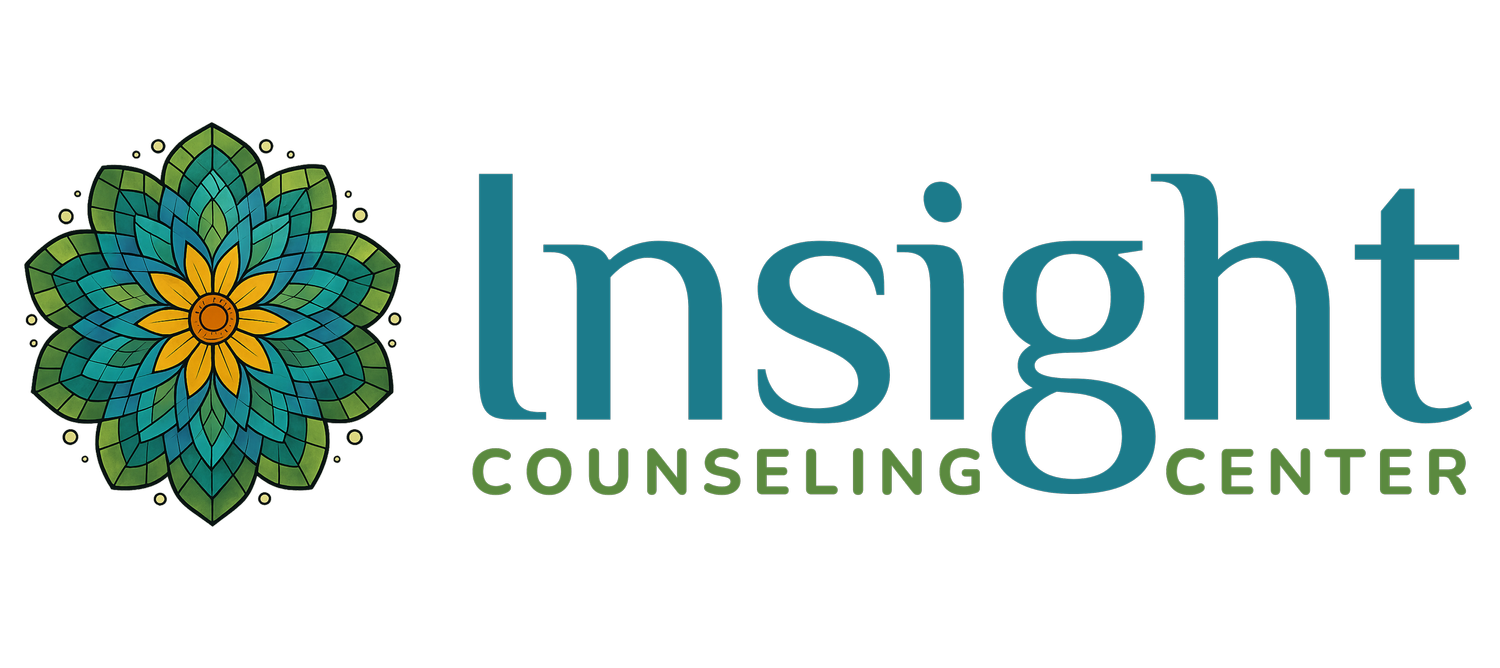
Grief and Loss
All of our therapy services are provided via a secure, HIPAA-compliant
Online Therapy platform so you can receive care from anywhere in California.
Grief can feel like a wave that keeps crashing over you, leaving you struggling to breathe or find your footing.
Loss can change your sense of self, your routines, and your relationships, making the world feel unfamiliar and heavy. Therapy can help you process your grief and find a way to carry your loss while still living a meaningful life. We’re here to help address grief and loss in many forms, including:
❖ DEATH OF A LOVED ONE
❖ MISCARRIAGE OR INFERTILITY
❖ LOSS OF A PET
❖ DIVORCE OR RELATIONSHIP LOSS
❖ LOSS OF HEALTH OR ABILITY
❖ ANTICIPATORY GRIEF
How We Help.
We use evidence-based methods to support clients through grief,
focusing on three key areas that allow space for healing while honoring what was lost:
❖ HONOR THE LOSS ❖
Grief is a reflection of love, and it deserves to be acknowledged. Therapy offers a safe place to share memories, express emotions, and honor the significance of what was lost.
❖ PROCESS EMOTIONS SAFELY ❖
Grief brings waves of overwhelming emotions: sadness, anger, guilt, even relief. Therapy helps clients process these emotions without judgment, allowing them to move through them in time.
❖ FIND MEANING AND A PATH FORWARD ❖
Loss changes life, but it doesn’t have to end it. Therapy helps clients find new meaning, routines, and purpose while learning to carry their grief with greater gentleness and resilience.
Our Approach.
Your therapy plan will be personalized to your needs, and may include:
-

EMDR
Eye Movement Desensitization and Reprocessing (EMDR) is a trauma therapy that uses bilateral stimulation, like eye movements or tapping, to reprocess distressing memories. It reduces emotional distress, strengthens resilience, and helps develop healthier beliefs. Many find relief from long-held pain in just a few sessions. EMDR is effective for PTSD, anxiety, grief, and other trauma-related concerns.
-

IFS
Internal Family Systems (IFS) therapy sees the mind as distinct parts with unique feelings and roles. It helps you recognize and understand these parts, fostering self-compassion and healing by balancing them. This process deepens your connection with your true Self, improving emotional regulation, reducing inner conflict, and enhancing mental well-being.
-

Mindfulness-Based Therapy
Mindfulness-Based Therapy teaches you to notice your thoughts, feelings, and body sensations without judging them. By calmly observing your experiences with openness, you can lower stress, control your emotions, and handle problems more clearly and calmly. Using mindfulness in therapy helps you become stronger, more focused, and peaceful, guiding you to live more authentically.
How To Get Started.
Book a free 15-minute consultation to discuss your unique personal goals and any questions you may have about our practice.
If we both feel like we’re a good match, we’ll schedule your first session and send intake forms for you to complete.
We’ll learn about you and your unique individual goals, allowing us to create a strong and meaningful connection.
“Anxiety does not empty tomorrow of its sorrows, but only empties today of its strength.”
~ Charles Spurgeon



